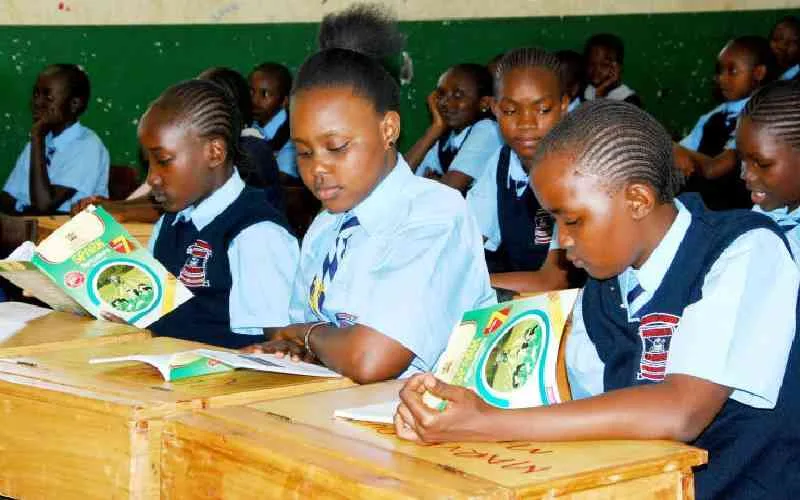Teacher Shortages and Capitation Delays Hit Junior Secondary Schools.
Junior Secondary Schools (JSS) face a critical shortage of teachers as education institutions grapple with broader challenges, including delayed capitation funding two weeks into the first term. Currently, there are 80,000 teachers serving in JSS, far below the required 140,000.
Senate Education Committee Chairperson Joe Nyutu highlighted that the initial plan was to domicile JSS in secondary schools due to their infrastructure, such as classrooms, laboratories, and qualified teachers.
However, following the Presidential Working Party on Education Reforms (PWPER) recommendations in 2022, JSS was relocated to primary schools. President William Ruto’s administration adopted this change after consulting stakeholders and responding to parents’ concerns.
The Competency-Based Curriculum (CBC) pioneer cohort is now in Grade 9. Nyutu explained that parents were uncomfortable sending Grade 7 pupils to secondary schools, prompting the shift.
However, he noted this decision has led to significant challenges, including insufficient teachers to handle the curriculum in primary schools while qualified secondary school teachers remain underutilized.
Political Interference in Education
Speaking on Citizen TV, Nyutu criticized political interference in education, stating that it has adversely affected the CBC implementation. He emphasized that education policies should be crafted by professionals to ensure effective planning and execution.
Nyutu further addressed delays in capitation funding, stating that the reduced funding for secondary schools from Sh22,000 to Sh17,000 per student annually has disrupted operations. He called for timely disbursements to ensure smooth learning and urged the government to prioritize educational funding over non-essential expenditures.
Kibra MP Peter Orero, a member of the National Assembly Education Committee, echoed concerns about inadequate funding. Orero noted that the previous administration under President Uhuru Kenyatta had recommended basing JSS in secondary schools, where classrooms had already been prepared. However, the relocation under the Ruto administration introduced funding challenges.
Orero emphasized that capitation delays are the primary issue in secondary schools, leaving many institutions struggling to manage their operations. He compared current funding challenges to President Mwai Kibaki’s era, when Free Day Secondary School was introduced, and capitation stood at Sh22,000 per student.
He called for comprehensive reforms, including making primary and secondary education fully free to alleviate financial burdens on parents and schools.
Debt and Budget Constraints
Orero pointed out that many schools are crippled by debts owed to suppliers, which has forced principals to seek alternative funding or charge parents additional fees. He warned that insufficient funding could lead to student unrest, including strikes and property damage.
Orero revealed that teacher promotions have stagnated for 17 years due to inadequate funding. Currently, over 180,000 teachers vie for 25,000 promotion slots. He criticized the government for prioritizing non-educational expenses, such as renovations to the Deputy President’s residence, over resolving funding gaps in education.
Read Also: New Council Takes Over in Plan to Reform Moi University
Treasury Cabinet Secretary John Mbadi recently assured school administrators that capitation funds would be disbursed within the week to ease operational difficulties. However, stakeholders remain skeptical about timely implementation.
Both Nyutu and Orero stressed the need for purposeful reforms in education, urging the government to prioritize policies that address critical issues such as teacher shortages, delayed funding, and resource allocation. They highlighted the importance of timely budgeting for pending bills and ensuring the smooth operation of schools nationwide.
Conclusion
The challenges facing JSS highlight systemic issues in Kenya’s education sector, with stakeholders calling for professional management and adequate funding to stabilize learning institutions. While reassurances from the Treasury provide hope, structural reforms remain essential to ensuring sustainable education development.
Teacher Shortages and Capitation Delays Hit Junior Secondary Schools.
Follow Teachers Updates on Facebook, LinkedIn, X (Twitter), WhatsApp, Telegram, and Instagram. Get in touch with our editors at [email protected].


Discussion about this post